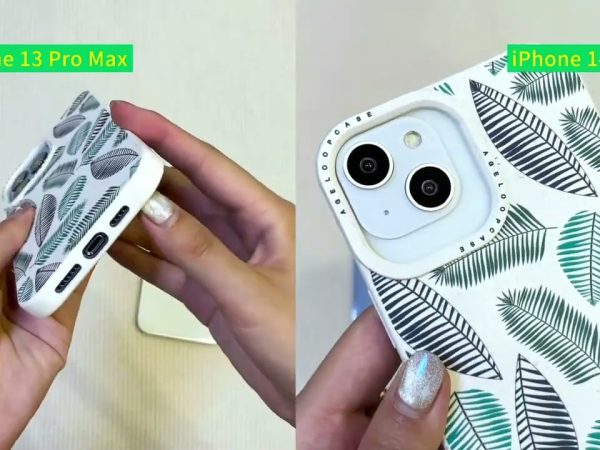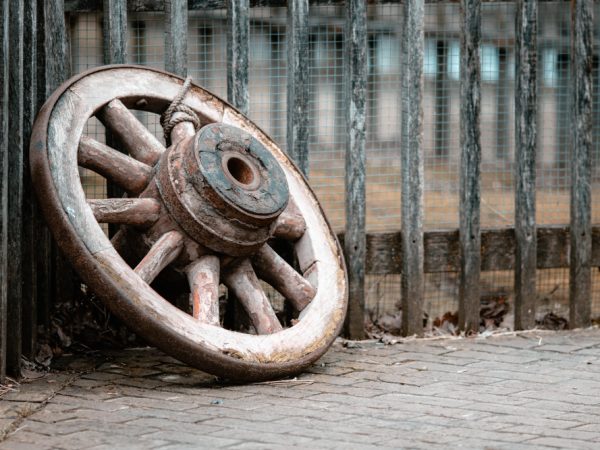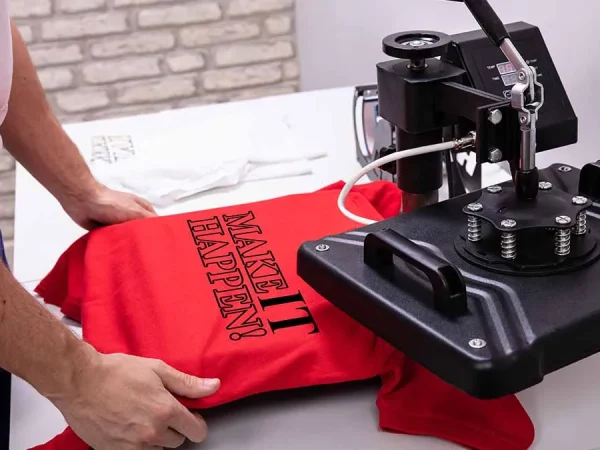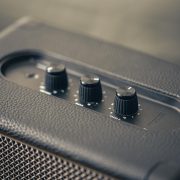Can Cologne Go Bad? Signs Your Fragrance Has Expired
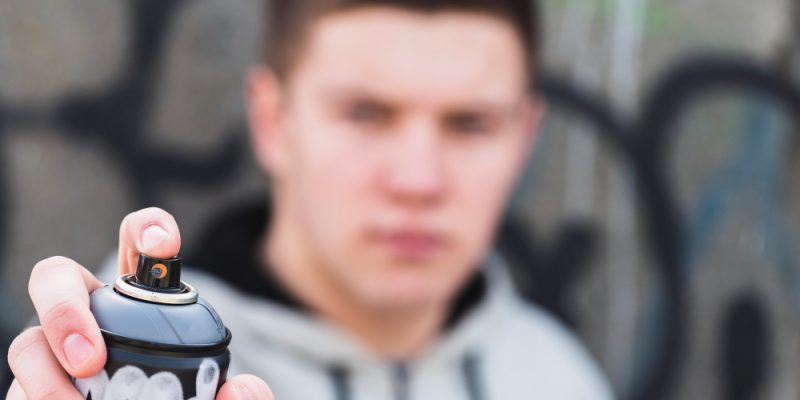
Cologne is often seen as a timeless accessory—an invisible finishing touch that boosts confidence and leaves a lasting impression. But if you’ve had a favorite bottle sitting on your shelf for years, you might wonder: Can cologne go bad?
The short answer is yes. Like most cosmetic and beauty products, cologne has a shelf life. While high-quality fragrances can last several years, eventually, exposure to light, heat, and air can alter their scent, color, and effectiveness.
In this guide, we’ll explore how long cologne lasts, signs it’s expired, and how to store it properly so you can get the most out of your favorite fragrance.
Does Cologne Expire?
Yes, cologne can expire. Most fragrances, including colognes, contain a mix of alcohol, water, and fragrance oils. Over time, these ingredients can break down or oxidize, causing changes in smell, color, and performance.
Although expired cologne isn’t usually harmful, it may not smell the same—and in some cases, it can cause skin irritation if the formula has degraded too much.
How Long Does Cologne Last?
On average, cologne lasts 3 to 5 years. However, this depends on:
- Fragrance composition: Colognes with more natural oils may degrade faster.
- Storage conditions: Heat, humidity, and sunlight speed up expiration.
- Bottle design: Transparent bottles may allow more light exposure, shortening shelf life.
Some fragrances can last longer—up to 7–10 years—if properly stored in a cool, dark place.
Factors That Make Cologne Go Bad Faster
Several environmental and usage factors can cause cologne to expire more quickly:
- Light exposure: UV rays break down fragrance molecules.
- Heat fluctuations: High temperatures cause ingredients to separate or evaporate.
- Air exposure: Each time you open the bottle, oxygen can slowly degrade the formula.
- Moisture: Bathrooms are the worst storage place due to humidity.
Treating your fragrance like wine—stored in a cool, dry, dark place—can extend its life.
Signs Your Cologne Has Expired
Not sure if your cologne has gone bad? Here are the most common signs:
- Change in smell: The fragrance may smell sour, metallic, or different from when you bought it.
- Color changes: If your cologne has darkened, yellowed, or looks cloudy, it may be expired.
- Skin irritation: Expired formulas can sometimes cause redness or itching.
- Weaker performance: The scent doesn’t last as long or fades immediately after application.
Trust your senses—if it smells off, it’s probably past its prime.
Can You Still Use Expired Cologne?
Technically, yes, you can still use expired cologne if it hasn’t changed smell drastically and doesn’t irritate your skin. However, it won’t perform as well, and you might not get the same pleasant fragrance.
If it smells bad or causes irritation, it’s better to stop using it and replace it with a fresh bottle.
How to Store Cologne to Make It Last Longer
Proper storage is the key to extending the shelf life of your cologne. Here’s how:
- Keep it cool: Store at room temperature or slightly cooler.
- Avoid sunlight: Keep bottles away from windows and direct light.
- Store upright: Prevents evaporation and leakage.
- Avoid humidity: Bathrooms are not ideal; instead, use a dresser or closet.
Some fragrance enthusiasts even store cologne in the refrigerator to keep it fresh.
Do Different Types of Fragrance Expire at Different Rates?
Yes, the type of fragrance concentration affects longevity.
- Eau de Cologne (2–4% perfume oils): Lighter and more likely to expire sooner, usually within 2–3 years.
- Eau de Toilette (5–15% oils): Average lifespan of 3–5 years.
- Eau de Parfum (15–20% oils): Lasts longer, 4–7 years.
- Perfume/Extrait (20–30% oils): Can last the longest if stored properly.
In general, fragrances with higher oil concentration last longer than lighter formulas.
Should You Refrigerate Cologne?
Refrigeration can help extend the life of cologne, especially in hot climates. However, this isn’t always necessary. A cool, dark, dry drawer works just as well. If you do refrigerate, keep the cologne in its original box to avoid temperature shock when you take it out.
How to Make the Most of Your Cologne Before It Expires
If you’re worried about a fragrance going bad, here are ways to enjoy it fully:
- Use it regularly: Don’t save it only for special occasions—enjoy it before it spoils.
- Layer scents: Combine with body lotions or sprays to use more product.
- Repurpose expired bottles: If the smell is only slightly faded, you can use it as a room spray or in closets.
When to Replace Your Cologne
If your fragrance no longer smells as intended, irritates your skin, or shows clear signs of expiration, it’s time to replace it. Treat yourself to a fresh bottle—you’ll enjoy the full depth and beauty of the scent as it was designed to be experienced.
Conclusion
So, can cologne go bad? Yes. While cologne can last 3 to 5 years on average, eventually, exposure to light, air, and heat will cause it to degrade. Signs of expiration include changes in smell, color, or skin reaction.
The good news is that proper storage—cool, dark, and dry—can extend the lifespan of your fragrance. If your cologne no longer smells the way it should, it’s best to retire it and replace it with a fresh bottle. After all, fragrance is meant to enhance your confidence and style, not leave you second-guessing its scent.
FAQs
1. How can I tell if my cologne has expired?
Look for changes in smell, color, or performance. If it smells sour, metallic, or different from when purchased, it’s likely expired.
2. Can expired cologne make you sick?
It usually isn’t harmful, but expired formulas can irritate skin in some cases.
3. What’s the average shelf life of cologne?
Most colognes last 3–5 years, depending on ingredients and storage.
4. Does unopened cologne last longer?
Yes. If kept sealed and stored properly, unopened cologne can last up to 7–10 years.
5. Should I refrigerate my cologne to make it last longer?
You can, especially in hot climates, but storing in a cool, dark place is usually enough.
Also read: What Are Audiofons? A Complete Guide to Modern Hearing & Sound Devices


